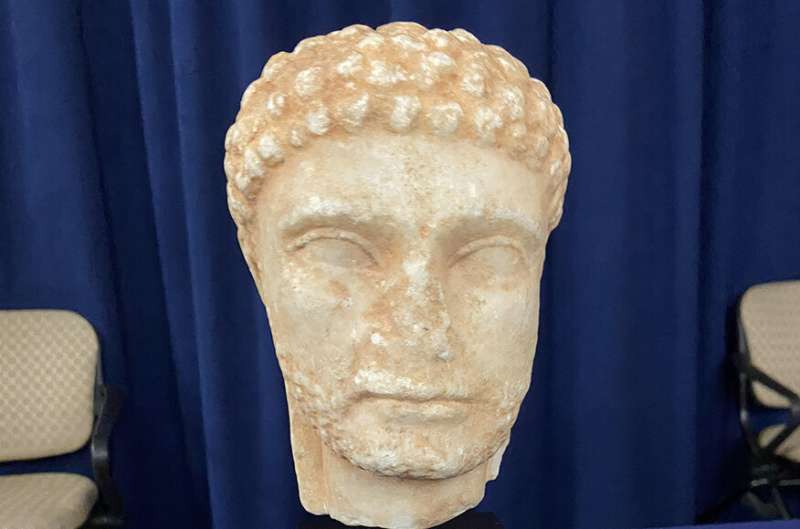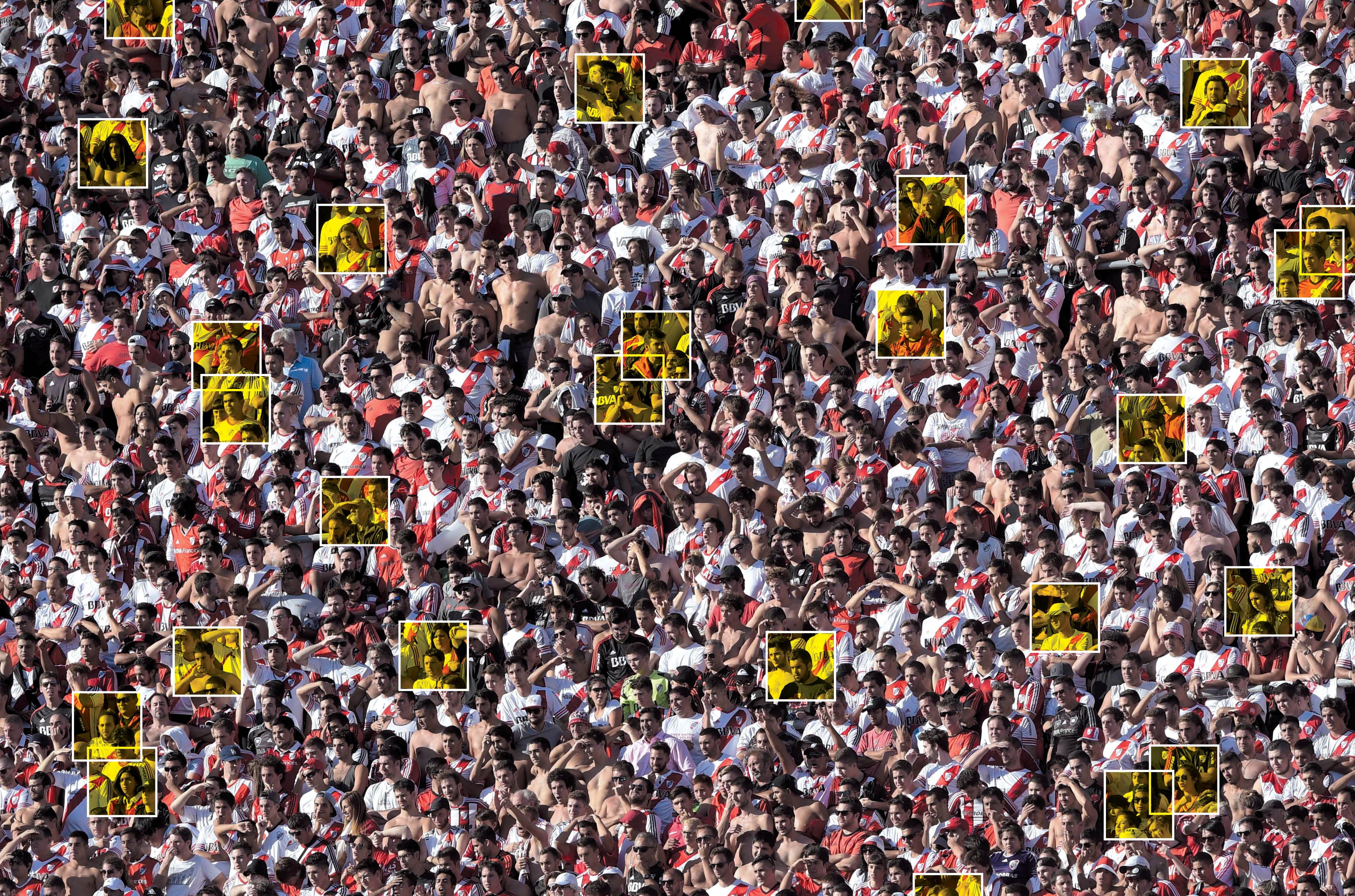
Credit: Antiquity (2023). DOI: 10.15184/aqy.2023.90
New research has confirmed that the commonly repeated statement that the illicit antiquities trade is the third largest illicit trade in the world is unsupported by evidence.
This factoid has been in circulation since the 1970s, and is regularly repeated in academic articles, popular press and even policy literature.
As such, it has largely been accepted to be true by scholars, the general public and legislative bodies.
“The claim that the illicit trade in antiquities is the third largest, second only to arms and narcotics, is widely repeated,” state the authors, but “the claim is not based on any original research or statistics, and it does not originate with any competent authorities.”
To uncover the origins of this factoid, Drs Donna Yates and Neil Brodie, from the Trafficking Culture research group, carried out a systematic examination of literature relating to the claim. Their results are published in the journal Antiquity.
The authors traced the factoid back to a note in the Journal of Field Archaeology from 1974, in which it was claimed that international traffic in art was second only to narcotics. Even though that statement was not substantiated with any evidence, it was quickly repeated by others.

Credit: Antiquity (2023). DOI: 10.15184/aqy.2023.90
By the 1980s, this factoid was embedded in the academic literature and in the popular press. It later transitioned from being listed as the second to the third largest field of international crime after narcotics and arms—again with no evidence.
Importantly, the claim has since been made by influential international organizations such as UNESCO and Interpol. As a result, it has had an impact on governmental organizations and policy makers.
“Public understanding and policy need to be based on evidence, not rhetoric”, state the authors. “Good policy can only be developed from good research; if it is based on factoids and false information, it cannot succeed.”
Unsubstantiated factoids should not influence the policy-making of major international bodies. It undermines the importance of real data and potentially leads to ineffective measures being taken against the illicit antiquities trade.
It also sets a dangerous precedent for quantifying the damage criminal activity causes.

Credit: Antiquity (2023). DOI: 10.15184/aqy.2023.90
“The idea that the severity of crime should be measured in comparative terms through monetary value rather than through harms to society is upsetting,” say the authors.
“Antiquities and other cultural objects are fundamental components of our heritage and identity. We do not need to rank their illicit trade financially to render the social harms more damaging.”
More information:
Donna Yates et al, The illicit trade in antiquities is not the world’s third-largest illicit trade: a critical evaluation of a factoid, Antiquity (2023). DOI: 10.15184/aqy.2023.90
Provided by
Antiquity
Citation:
Unproven numbers distract from the real harm of the illicit antiquities trade, says study (2023, July 22)
retrieved 7 August 2023
from https://phys.org/news/2023-07-unproven-distract-real-illicit-antiquities.html
This document is subject to copyright. Apart from any fair dealing for the purpose of private study or research, no
part may be reproduced without the written permission. The content is provided for information purposes only.
Note: This article have been indexed to our site. We do not claim legitimacy, ownership or copyright of any of the content above. To see the article at original source Click Here













